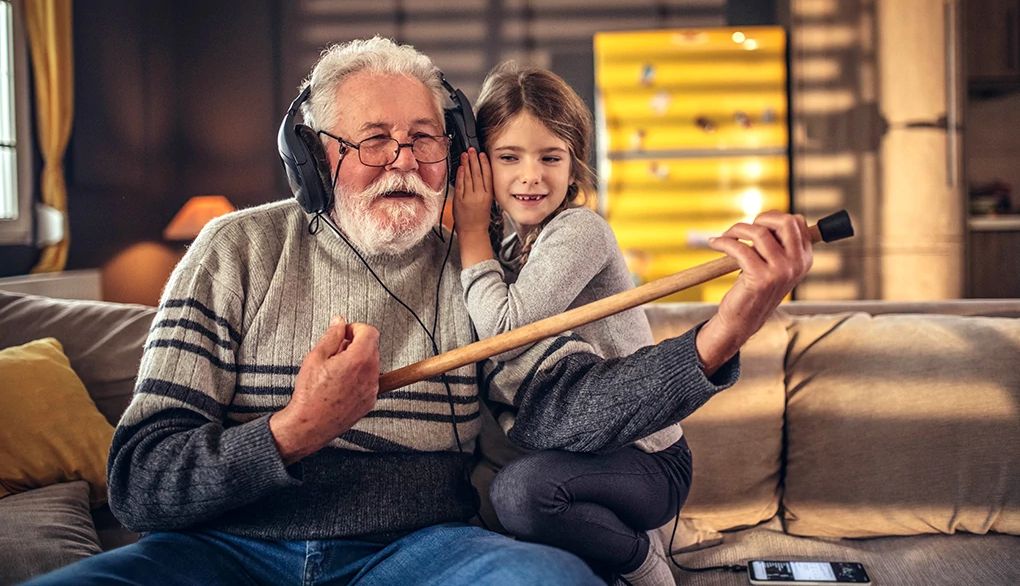Challenges


Hear, hear! Treating hearing loss can help you stay socially connected as you age — which has profound benefits for health and well-being. Importantly, avoiding hearing loss, or treating it if it happens, is one of the best ways to reduce the risk of cognitive decline, according to a special report from AARP’s Global Council on Brain Health (GCBH).
Researchers have long observed a connection between hearing and brain health in studies showing hearing loss and dementia risk are directly related. The first large-scale randomized controlled trial, led by Johns Hopkins researcher Frank Lin, M.D., tested the hypothesis that treating hearing loss may help to preserve brain function. Results were promising: Among older adults at higher risk of dementia, those who wore hearing aids for three years experienced 48 percent less cognitive decline than those who didn’t, according to a 2023 report in The Lancet. Lin said study participants who wore hearing aids — in the higher-risk group and a separate, lower-risk group — also experienced better communication and were more socially engaged and less lonely.
The research “strengthens the case for addressing hearing loss to protect cognitive well-being, promote communication and social engagement, and reduce the possibility of decline,” the GCBH report said. Millions stand to benefit: One in three adults 64 to 74, and half of those 75 and up, have age-related hearing loss, according to the report. Yet in a nationally representative sample of adults 71 and older, only 29 percent with hearing loss used hearing aids, according to a study reported in JAMA Network Open in 2023.
Closing the gap starts with awareness — and regular screening. Nearly half of respondents to a 2023 AARP Research survey of adults 40 and over weren’t aware that untreated hearing loss may contribute to dementia and falls. In a 2024 AARP survey, only 41 percent of adults over 50 reported having had a hearing test in the past five years. Visit the AARP Hearing Center for more information and resources — including access to a phone-based hearing test (free to AARP members).













More From Staying Sharp
Make Video Chats More Meaningful
Here’s how to feel more connected when video calling a faraway loved one
Listen to the Other Side
Flexible thinking is good for your brain
Play Your Way to Better Brain Health
Learn how play can keep your brain strong and healthy as you age